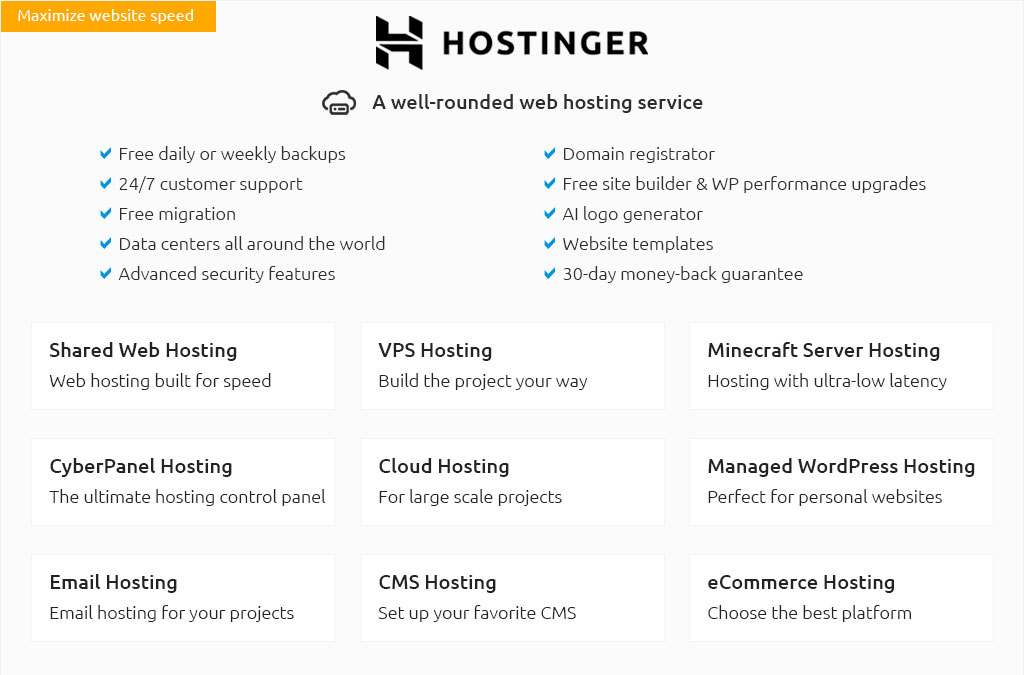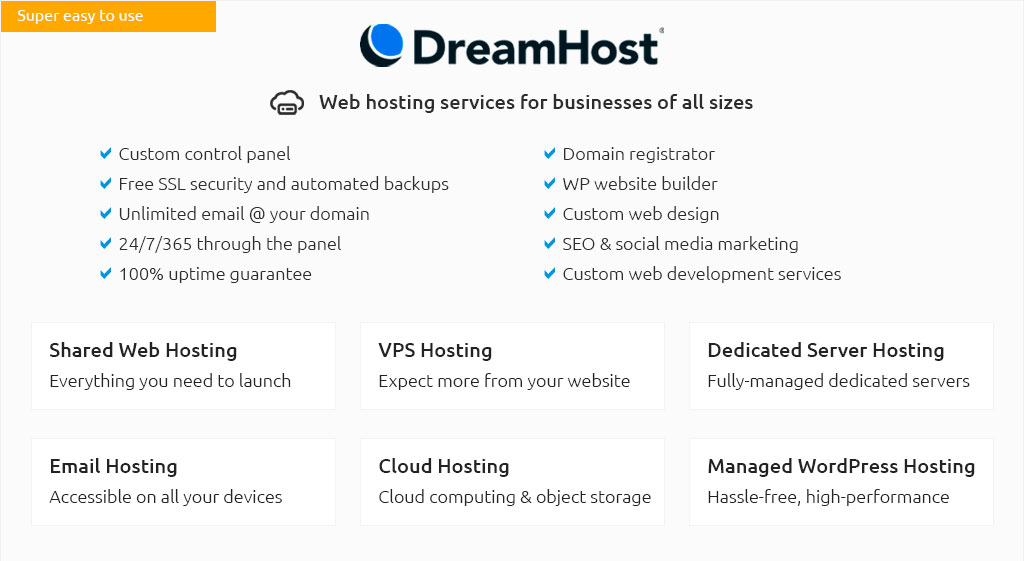 |
|||
 |
 |
 |
|
 |
|
 |
 |
 |
|||
 |
|||
 |
|||
 |
|||
 |
|||
 |
|||
 |
 |
Understanding the Cost of Web Hosting Services: A Beginner's GuideVenturing into the digital realm, one of the first considerations for any aspiring website owner is the cost of web hosting services. This seemingly simple decision can have far-reaching implications for your site's performance, security, and scalability. As you delve into the world of web hosting, it becomes evident that prices can vary widely based on a multitude of factors. To navigate this landscape effectively, it's essential to understand what you are paying for and how to maximize the value of your investment. At its core, web hosting is a service that enables individuals and organizations to make their websites accessible via the World Wide Web. Hosting companies provide the technologies and services needed for the website to be viewed in the Internet realm, storing your site’s data on servers that are operational 24/7. The cost of this service can depend on several critical factors, including the type of hosting, level of support, bandwidth, and additional features.
Factors Influencing Cost Beyond the type of hosting, several other elements can influence the overall cost. Bandwidth and storage requirements are crucial; larger sites with high traffic volumes will require more resources, leading to increased expenses. Additionally, the level of customer support offered can impact pricing. Some providers offer round-the-clock premium support services, ensuring assistance is available whenever needed, while others may provide only basic support options. Security features also play a pivotal role. Enhanced security protocols, such as SSL certificates, daily backups, and DDoS protection, are often bundled into premium packages, ensuring your site remains safe from cyber threats. Furthermore, scalability options, which allow your hosting plan to grow alongside your website, can also contribute to the overall cost, providing a future-proof solution that adapts to your needs over time. When evaluating web hosting services, it's imperative to weigh the pros and cons of each option against your specific needs and budget. While the allure of low-cost hosting is tempting, it is essential to consider the potential trade-offs in terms of performance and reliability. Investing in a plan that aligns with your website's goals and anticipated growth can save you significant time and resources in the long run. In conclusion, while the cost of web hosting services can appear daunting to beginners, a clear understanding of the various options and associated benefits will empower you to make informed decisions. By carefully assessing your needs and the available offerings, you can secure a hosting solution that not only fits your budget but also supports your website's success in the digital landscape. https://www.hostingadvice.com/how-to/web-hosting-prices/
Site owners can expect to pay roughly $21 per month for Google's most basic cloud server, which comes with 2 vCPUs and 8GB of memory. As a ... https://www.ryrob.com/how-much-does-web-hosting-cost/
Dedicated hosting (your site is the only one on a server)average cost of around $100 per month; Cloud hosting (using multiple servers to host a ... https://www.crazyegg.com/blog/website-hosting-costs/
But less than $180 for three years of web hosting is one of the best deals you'll find from a reputable web host. The deal is so good that you ...
|